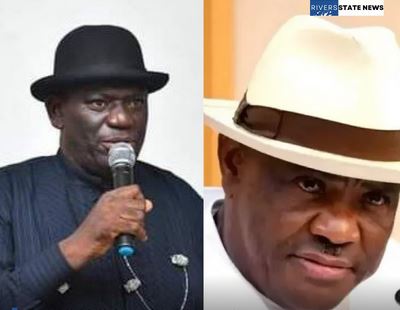
As the 2025 federal election campaign begins its second week, U.S. President Donald Trump and another round of tariffs expected on April 2 could again sidetrack most of Canada’s political discourse.
But making almost as much noise thus far have been the growing grumbles out of Conservative circles about Leader Pierre Poilievre’s messaging and polls that now have him trailing the Liberals and Leader Mark Carney. Even as Poilievre is attracting crowds of several thousand to rallies in Quebec, Ontario, British Columbia and Manitoba, the wide lead the Conservatives enjoyed over the Liberals has entirely evaporated and the knives have already been sharpening at what some Conservatives say is a refusal by Poilievre and his campaign manager, Jenni Byrne, to refocus their campaign on battling Trump’s tariffs. Kory Teneycke, a former federal communications director for the party who more recently helped with Ontario Premier Doug Ford’s re-election, told an Empire Club of Canada event on March 26 that the alarm bells should be going off inside Conservative headquarters, and an immediate pivot to focus the campaign on battling Trump’s tariffs is critically needed.

Internal Ontario Tory polling, which is typically not released but which Teneycke gave to the Toronto Star, showed the Conservatives 15 points behind the Liberals in Ontario, where more than one-third of the seats in the House of Commons are being contested. Amanda Galbraith, a Conservative strategist, said the repeated leaks and anonymous insiders complaining are “unhelpful, irritating, and unnecessary,” she said. “We should trust in the campaign team to adjust as they see fit,” she said in an interview with The Canadian Press.
Galbraith, co-founder of the Oyster Group and a former campaign staffer, said the Conservatives have a tendency to turn on leaders at the first sight of trouble in the polls, in part because of “complexities” in a party that includes various factions, such as urban business types and rural, social conservatives..















